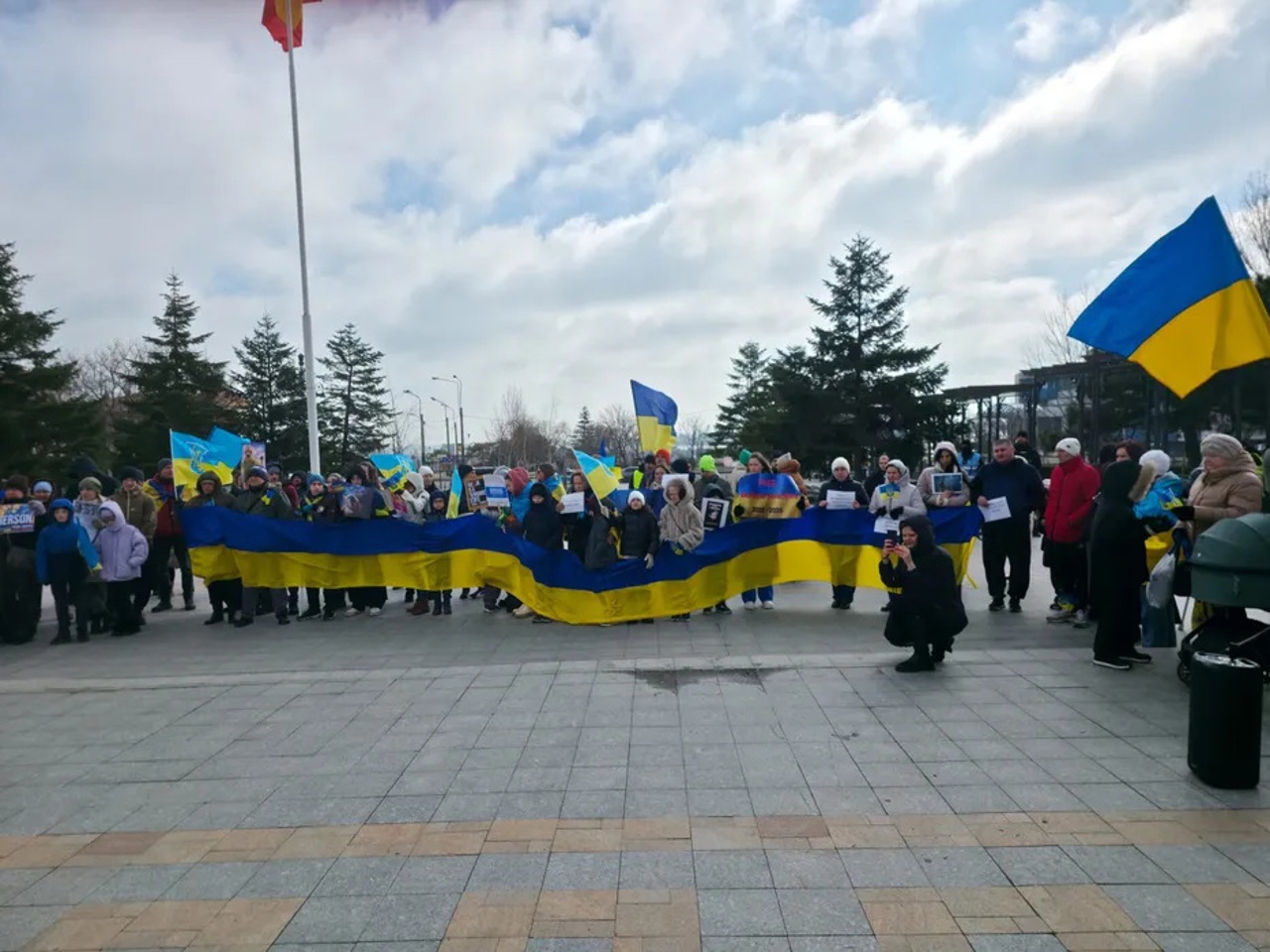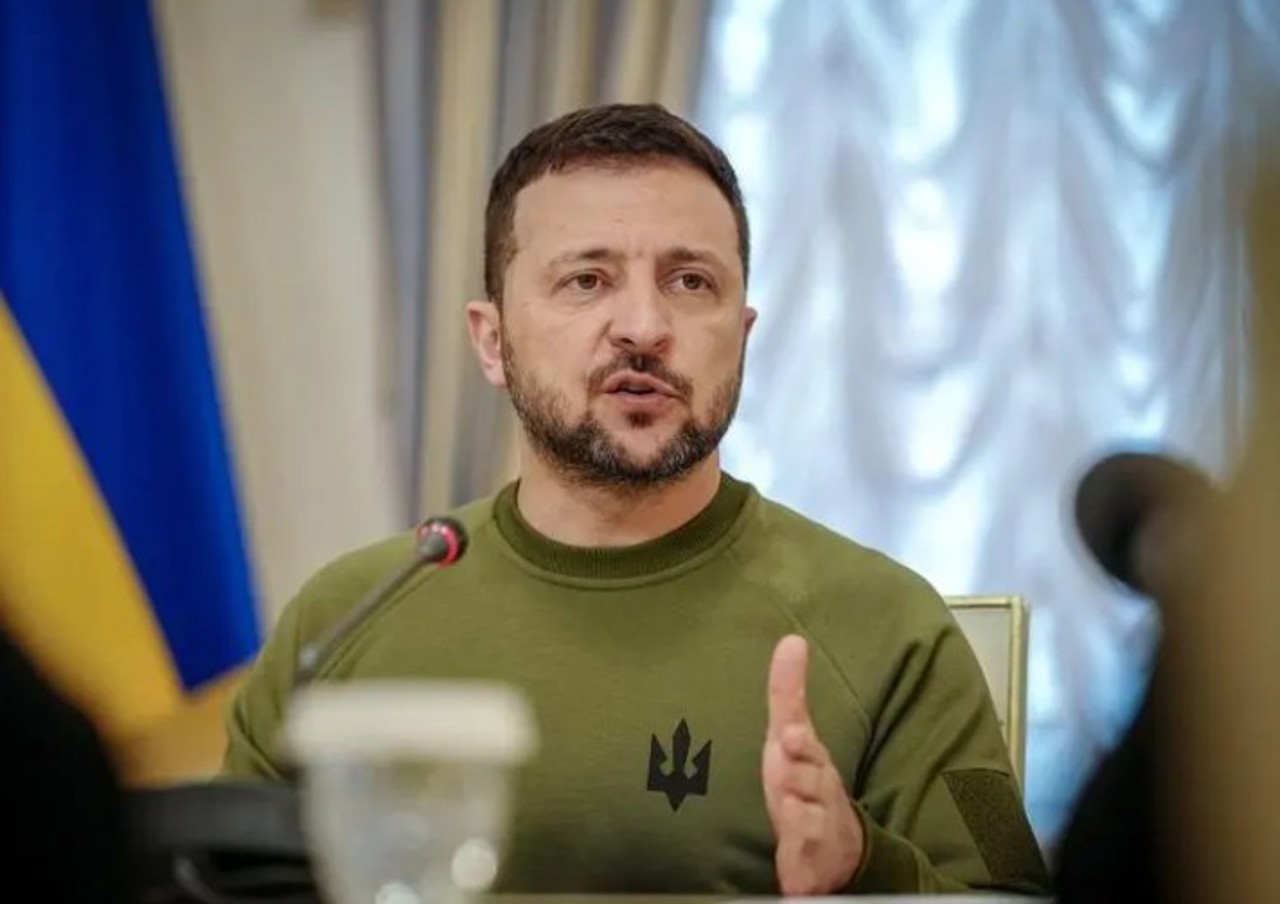Moldovan PM addresses gas crisis in Transnistrian region
There are several solutions to provide heating in homes in the Transnistrian region. Gazprom can resume direct deliveries under the existing contract, gas can be purchased for the Transnistrian region, or other legal alternatives can be explored.

This was stated by Prime Minister Dorin Recean in a video message following Friday's protests in the Transnistrian region and the threats from the Kremlin.
“Both I and the entire Government of the Republic of Moldova are deeply concerned that more than 300,000 people on the left bank of the Dniester, our brothers and sisters, are forced to live in unbearable conditions, in the cold and darkness. We sincerely want your homes to be filled with light and warmth. We are prepared to do everything in our power to achieve this goal. However, any solution must be transparent and straightforward. We cannot accept shady criminal schemes for gas supply, meant to destabilize the situation in Moldova,” the Prime Minister said.
According to the Prime Minister, the Kremlin's goal is to create conflicts within the country: “The Government of the Republic of Moldova wants gas to be supplied to the Transnistrian region. But the Kremlin wants to create a conflict in Moldova, to pit us against each other, to make people on the right bank angry with those on the left, and vice versa. It wants us to blame each other for all the problems and fail to see what is obvious – that the suffering of the people lies on the conscience of the Kremlin. Destabilization is not wanted by people on either side of the Dniester. It is wanted solely by Russia. But these plans will fail. The Kremlin will once again miscalculate its cynical strategies. The Government of the Republic of Moldova has done and will continue to do everything in its power to maintain peace and harmony in the country – on both banks of the Dniester. We are seeking solutions and are ready to offer our full support to the people on the left bank – to the citizens, not the so-called 'leaders.' I am convinced that the wisdom and harmony of the people will prevail over cynicism, geopolitical aggression, and disregard for human lives.”
In a reaction, Russian Foreign Minister Sergey Lavrov stated that the Moldovan side is openly avoiding resolving the gas issues caused by it in the Transnistrian region.
“We wish to once again warn the ‘hotheads’ in Chișinău against the fantasies of using the energy crisis in the country to forcefully resolve the Transnistrian issue. Russia will respond appropriately to any provocations and will ensure the protection of Russian citizens in the Transnistrian region,” said the Russian Foreign Minister.
On Friday, several residents of the Transnistrian region protested near the crossing points to the right bank of the Dniester, including at the exit from Bender towards Chișinău, in Rîbnița, and Dubăsari. The protesters accused the authorities in Chișinău of blocking natural gas deliveries to the region, which they claim led to a supposed energy and social crisis. Chișinău denies the accusations, stating that the protests are part of a well-known agenda to create tensions and escalate the security situation.
It is important to note that Gazprom ceased gas deliveries to the breakaway region earlier this year, creating a crisis that affected the population, social infrastructure, and essential services. While Chișinău has repeatedly offered humanitarian aid, including for hospitals and schools, Tiraspol has rejected the offers. Despite these rejections, the authorities in the Republic of Moldova assert that they are ready to collaborate to support the affected population on the left bank of the Dniester.
Vadim Krasnoselski, the separatist leader from Tiraspol, recently stated that negotiations are underway to acquire natural gas through Moldovagaz, recognizing that this is the "only reliable solution" to meet the region's energy needs. According to Krasnoselski, the region has enough gas reserves for a few more days, and the coal supplies for the Cuciurgan power plant are estimated to last until February 16-17.
Translation by Iurie Tataru




